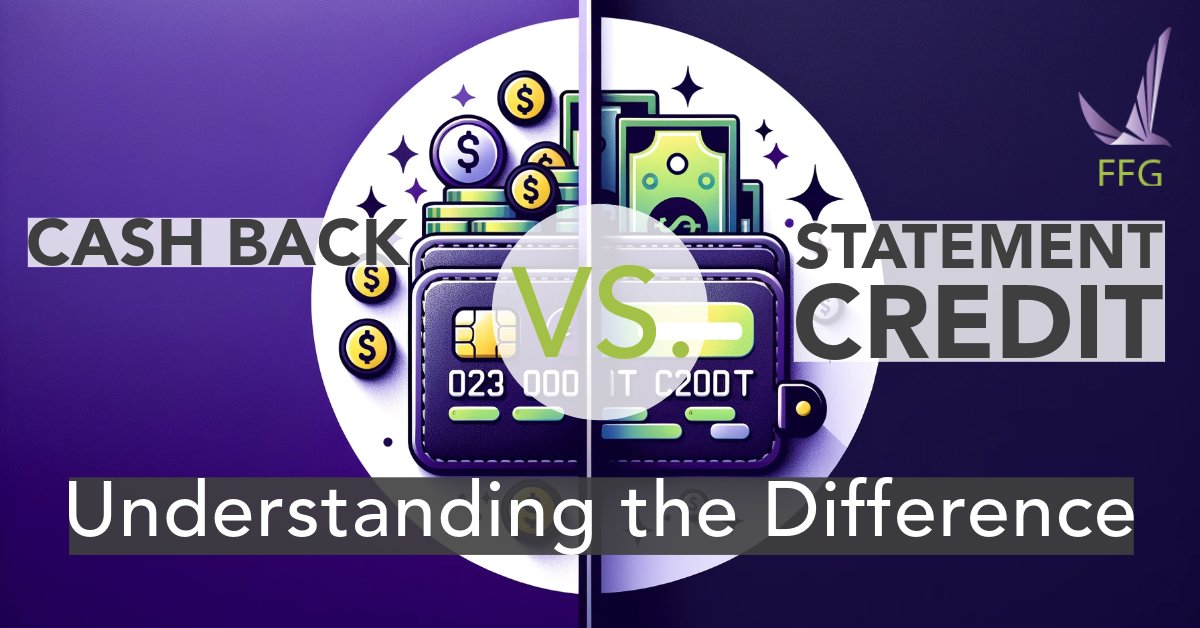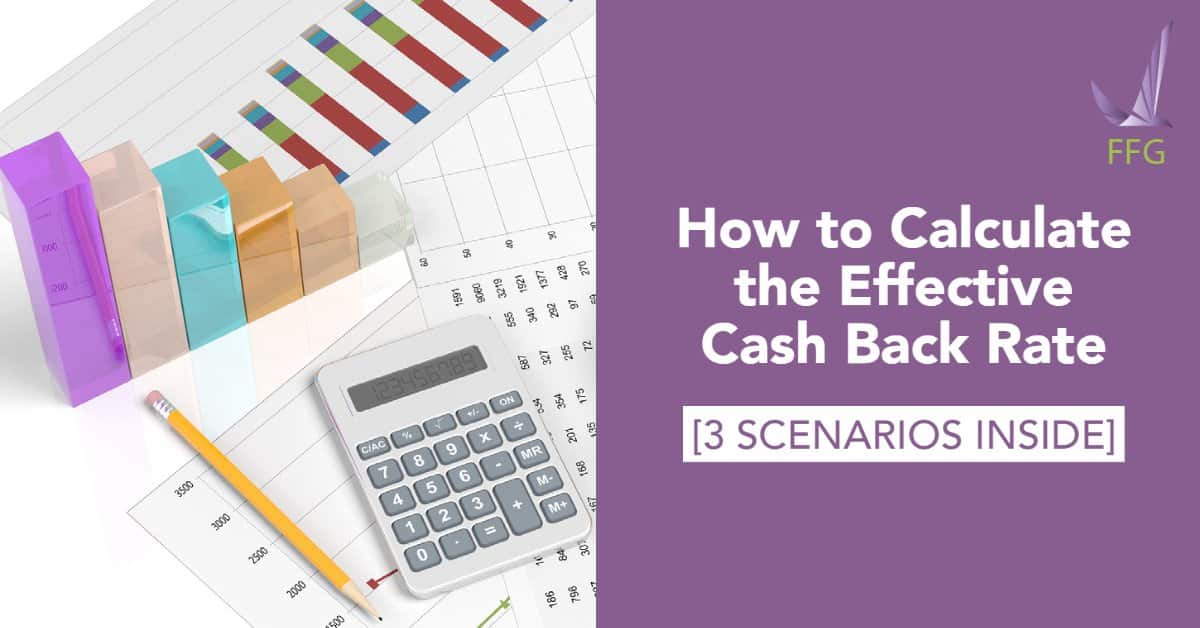Credit Card ACT: Know Your Consumer Rights

Prior to 2009, credit card issuers operated with impunity. Any minor error a consumer made resulted in harsh consequences from card issuers. To correct this, the Credit CARD Act of 2009 was drafted. It received strong bi-partisan support in both the House and Senate. It was signed into law by President Barack Obama in May 2009.
Table of Contents
What Is the Credit CARD Act of 2009?
Credit CARD Act stands for the Credit Card Accountability Responsibility and Disclosure Act of 2009. It was the result of years of complaints about credit card issuers’ bad business practices. Consumers were not pleased by what was in the fine print of their card contracts. Credit card contract terms were designed to confuse the consumers, and companies doled out harsh penalties for consumer mistakes.
The Credit CARD Act sought to reform the credit card industry. It instructed card companies to be more transparent and use clearer language in their contracts. Several federal agencies were given the authority to enforce the law. Despite the Act being signed in 2009, it would take another two years for the federal agencies to enforce it.
The Impact of the Credit CARD Act
The effect of passing the Act was a significant relief to consumers. Within the first year, the law eliminated more than $16 billion in credit card fees from deceptive practices. In 2015, the Consumer Financial Protection Bureau noted that the average late fee decreased to $27 from $35. Thanks to the Act, over-limit fees were nearly eradicated. Since 2009, card issuers have seldom increased interest rates on consumers’ credit card balances due to past mistakes.
The Credit CARD Act still garners criticism. Some, like the American Bankers Association, claim it forces interest rates higher. They say it reduces credit opportunities for immigrants, young people, and subprime borrowers (consumers with bad, or no credit history). Critics from the other side say that the law is lax, and should do more to purge lenders’ bad habits.
What Is Covered Under the Credit CARD ACT
- Less surprise interest rate hikes. The law ended universal default (raising interest rates across all your accounts because of a late payment on one account). This ban is applied to all new and most existing balances. Lenders must also give at least 45 days’ notice to consumers of impending rate increases (or other changes).
- Reduced double-cycle billing. Interest rates are now calculated based on the most recent billing cycle only.
- Penalty disclosure. Your lender must clearly state due dates, penalty rates, and late fees.
- Late fees. As of January 2017, late fees were limited to $27 for the first month. Subsequent late fees for any month within the next 6 months will be $38.
- Consumers must opt-in to over-the-limit fees. Issuers must have their customer’s consent to approve charges that would exceed the customer’s credit limit. Otherwise, issuers must deny the charge and cannot collect over-the-limit fees. Most major issuers removed these fees as a result.
- Reigning in “fee-harvester” cards. Any low-limit, high-cost card targeting borrowers with bad credit has additional restrictions. Required fees for these cards are limited to 25% of a card’s original credit line for the first year.
- Gift cards/Non-reloadable prepaid cards. Most of these cards cannot expire, although a few exceptions apply.
- Better billing habits. Lenders are required to send credit card bills 21 days before they are due, on the same day every month.
- Paying off balances. Once payment is received, it must be applied to your balances in a specific order. The minimum payment is made first, then the remainder is applied to the balance with the highest interest rate. This is repeated until either the balances are paid off or the payment runs out.
- Minimum payment warnings. Lenders must disclose how much time and money is needed to pay off your balance using the minimum monthly payment.
- Age limits. While you can apply for a card at age 18, your card company cannot offer you a card until you are 21. Exceptions apply if you have a co-signer or have an independent income.
- Stricter lending rules. Issuers must consider your ability to pay by reviewing your income and debt obligations when approving you for credit. Consumers over 21 can include any income to which they can have “reasonable expectation of access.” This includes income from a partner, gifts, grants, etc.
- Limits on marketing at college campuses. Issuers can no longer use freebies and other promotional items (including food) to market cards on a college campus.
What the Law Does NOT Cover
The law covers how lenders can apply and increase interest rates but does not limit the actual rates themselves. Also out of scope are certain types of fees, rate hikes, and credit cards for business use.
- Specific rate hikes. A lender doesn’t need to give a 45-day notice if the rate hike follows the Federal Reserve raising their rates. They also can disregard this rule if the rate increase is due to your promotional APR ending.
- Deferred interest. Deferred interest cards offer you 0% APR if paid in full within a given timeframe. If you have a balance at the end of your deferment period, you will be charged interest on the balance at the new APR.
- Subprime card fees. Some issuers work around the 25% rule of the law by applying large fees before the account is opened. They may also bump up the fees starting from the second year.
- These are not mandated or regulated by any current laws.
Actions to Take If Your Card Issuer Doesn’t Follow the Rules
The Credit CARD Act of 2009 was designed to give you protection from unscrupulous business practices of credit card companies. If you think your card issuer isn’t following the law, contact them in writing. If they don’t answer your questions to your satisfaction, you can file a complaint with the Consumer Financial Protection Bureau. Your complaint will be investigated and you will be contacted with a resolution.





